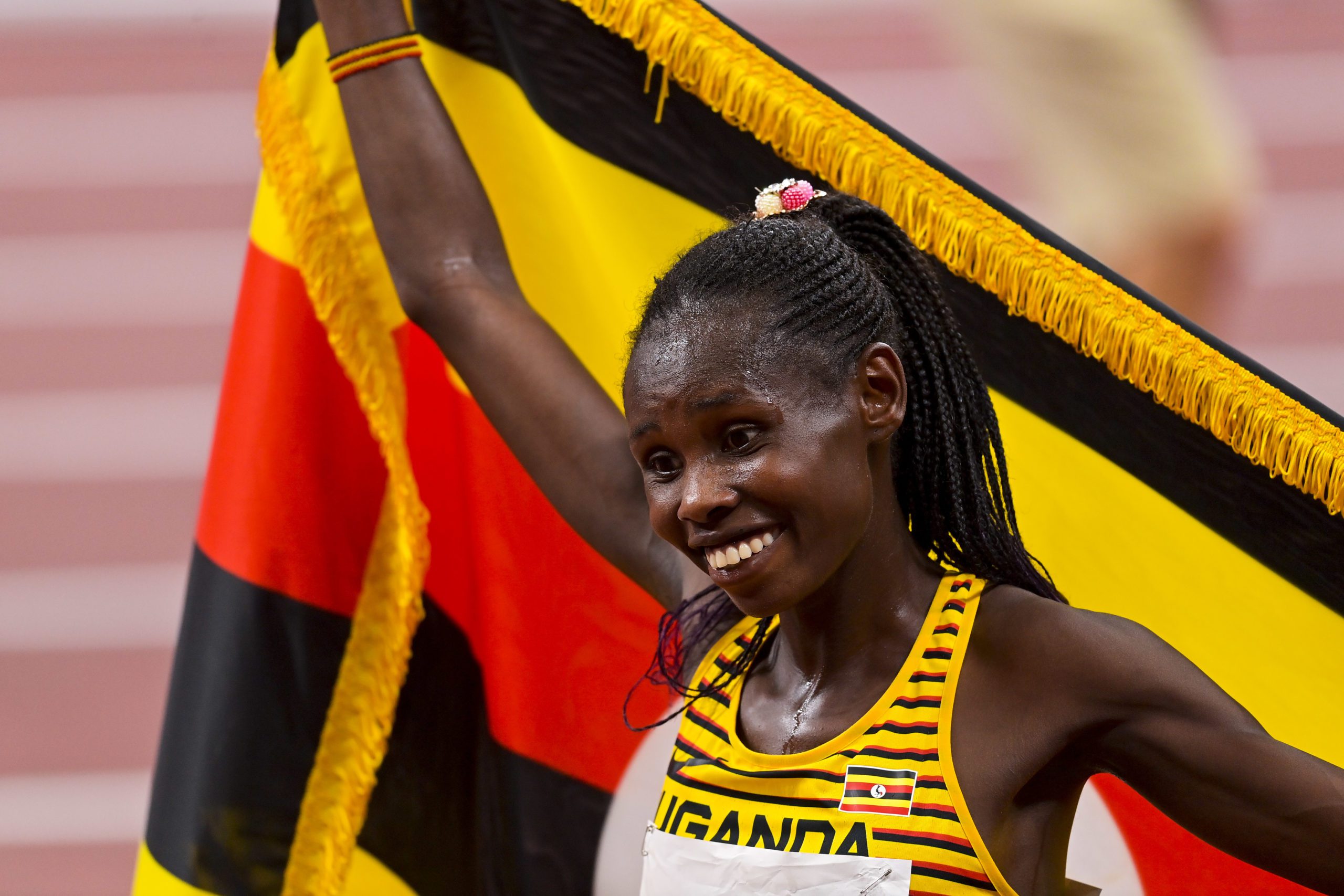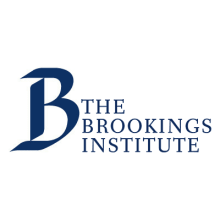
War in Tigray continues, and Ethiopia rejects Sudan’s mediation attempts
Ethiopia’s conflict in Tigray has escalated after the government, on August 6, warned that it could deploy its “entire defensive capability” in the region. In fact, on August 10, the government called for all capable citizens to join the country’s military to combat resurgent forces in the region, ending the ceasefire declared in June. These announcements come after the Tigray People’s Liberation Front (TPFL) rejected calls to retreat from the Afar and Amhara regions. The Tigray conflict began back in November after fallout between Prime Minister Abiy Ahmed and the leaders of the Tigray region, who had previously dominated the national government.
In recent days, Oromo Liberation Army leader Kumsa Diriba struck a military alliance with the Tigray forces, saying, “We have agreed on a level of understanding to cooperate against the same enemy, especially in military cooperation.” Moreover, Diriba stated, “The only solution now is overthrowing this government militarily, speaking the language they want to be spoken to.” The alliance is notable as, during the TPFL’s decades of control of the federal government, its leaders ostracized and committed violence against the Oromo people.
In related Ethiopia news, tensions between Ethiopia and Sudan, already high over the Grand Ethiopian Renaissance Dam, have continued to rise over the war in Tigray. In fact, early this week, Sudan recalled its ambassador to Ethiopia because the Ethiopian government rejected its efforts to broker a ceasefire in the Tigray region. Meanwhile, Ethiopia stated that trust in Sudan and its leaders has eroded and accused the Sudanese army of invading its territory. In addition to Sudan’s mediation efforts, the United States and other international powers have also called for the withdrawal of Tigray forces from the Amhara and Afar regions in recent months.
Now, according to the World Health Organization, the humanitarian crisis in the Tigray region has become dire, with food and medicine deliveries blocked due to a blockade by Addis Ababa as well as insurgent and militia violence. Meanwhile thousands of refugees have fled to Sudan to escape the war-torn region. According to the Atlantic Council, more than 60,000 Tigrayan refugees have fled to Sudan and 80 percent of the citizens in Ethiopia have been cut off from humanitarian assistance.
For more on U.S. policy on this crisis, see Brookings Foreign Policy Senior Fellow and Africa Security Initiative Co-Director Vanda Felbab-Brown’s recent commentary, “Dangerous trends in Ethiopia: Time for Washington’s tough love.”
Zambia holds presidential elections in tight race
On Thursday, August 12, Zambia held its presidential elections in which incumbent President Edgar Lungu, primary opposition rival Hakainde Hichilema, and 14 other candidates faced off. As of Friday, according to Reuters, the results of the election were too close to call, and the Electoral Commission of Zambia has indicated that it aims to declare a winner by the end of Sunday. Zambia has a runoff system, so the country will return to the polls a second time if no candidate receives a majority of the votes. As of this writing, no winner has been announced.
High voter turnout and long queues at voting stations characterized Thursday’s highly anticipated election. More than half of registered voters are under the age of 35, a demographic that has seen an acute rise in unemployment during the pandemic. Among other issues, Zambia’s recent default on its debt has raised concerns from citizens over the $12 billion that Zambia owes to creditors, as the country now spends 30 to 40 percent of the its revenue on interest payments.
The election has seen some violence: After two members of his party were killed in a rally last week, Lungu, who is seeking his third term (he was first elected in a by-election in 2015 after the death of President Michael Sata), deployed the military in Lusaka and select hotspots in the western, northwestern, and southern provinces of the country. Deployment of the army has drawn criticism from citizens who fear the intimidation and organizations like Amnesty International, stating that the use of force, “is an increasingly brutal crackdown on human rights, characterized by brazen attacks on any form of dissent.”
Six-time presidential candidate Hichilema said on Wednesday that he experienced irregularities during the campaign, including being restricted twice in the past week from campaigning in the populous Copperbelt province. There were also reports from NetBlock of social media blockages on election day across Zambia that included WhatsApp, Twitter, Facebook, and Instagram.
Related Content
African athletes achieve historic wins at the Tokyo 2020 Olympics, despite many COVID-related challenges
African athletes brought home a host of medals and historic firsts from the Tokyo 2020 Summer Olympics, which concluded last Sunday, August 8. This year, 13 African nations won, altogether, 37 gold, silver, and bronze medals.
Notably, the games featured many women who were the first in their nation to win gold in their events—and for some, the first-ever gold for their country as well. Among African countries, Kenya earned the most medals, placing 19th worldwide by winning 10 medals (four gold, four silver, and two bronze), followed by Egypt, which won six medals (one gold, one silver, and four bronze). Highlights from the games include:
- Kenya’s Eliud Kipchoge defended his title with another gold medal in the marathon run, finishing the event in 2 hours, 8 minutes, and 38 seconds. He also became the third man to win gold in the marathon in back-to-back games.
- Tunisian teenager Ahmed Hafnaoui won gold in the 400 meter men’s freestyle, the country’s first gold in swimming.
- Uganda’s Peruth Chemutai became the first woman to win a gold medal for the country, winning the 3,000 meter steeplechase. Joshua Cheptegei won the men’s 500 meter track race, becoming the first Ugandan to win two Olympic gold medals.
- Feryal Abdelaziz’s gold medal in women’s karate kumite +61kg event was the first gold won by any Egyptian woman.
Despite these celebrated achievements, COVID-19 continued to loom over the games, as nations like Guinea pulled out of the competitions completely due to safety concerns for their athletes as COVID-19 cases surged in Tokyo. The South African team also faced difficulties during the games, as three members of its soccer team tested positive for the virus after arriving in the Olympic village. The entire team was placed under quarantine before they began to play, and their coach cited issues of stigmatization stating, “when people come across us, you see people running away. I think that’s disrespectful.”


